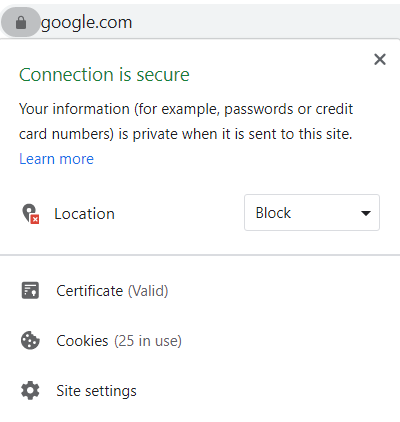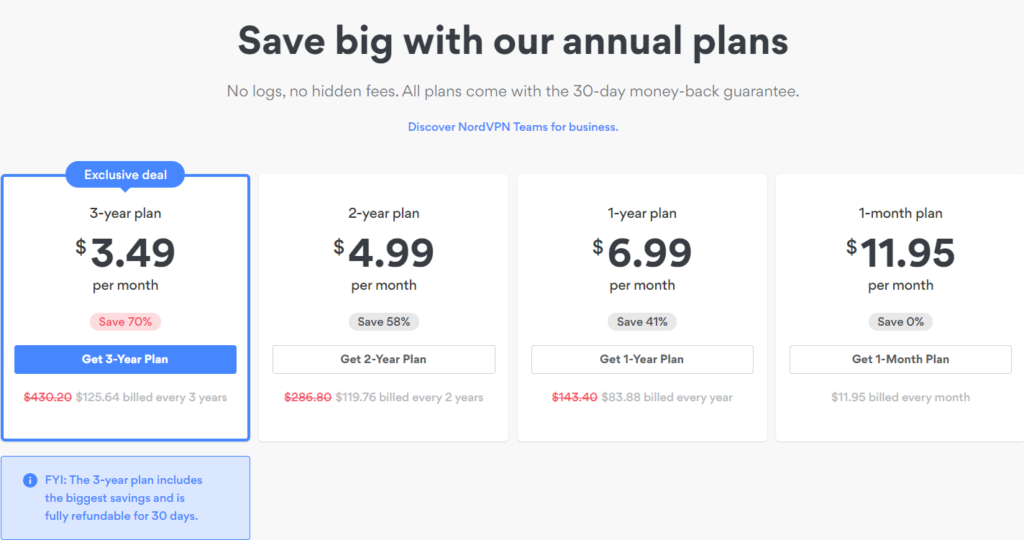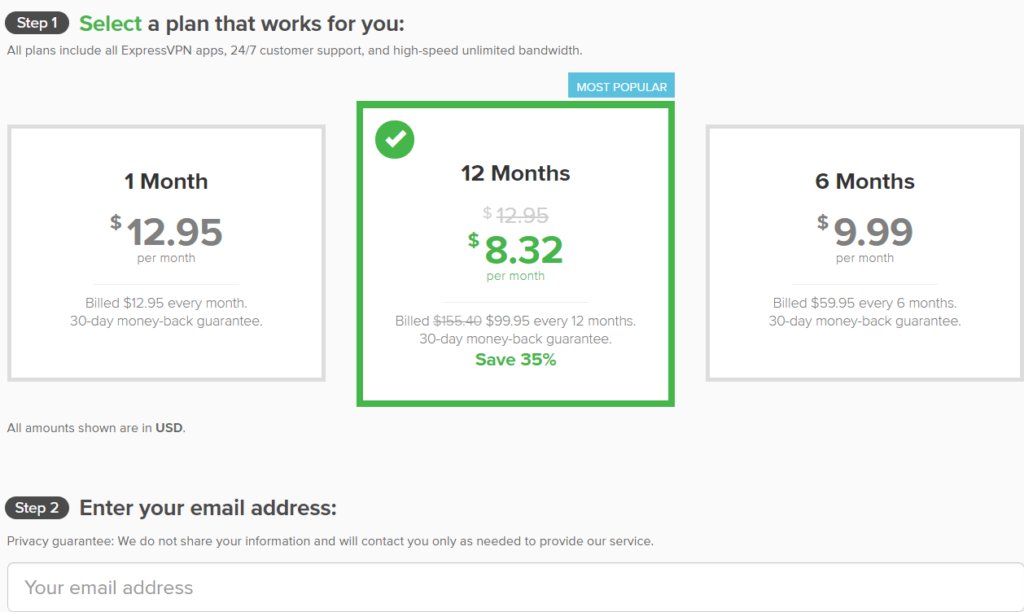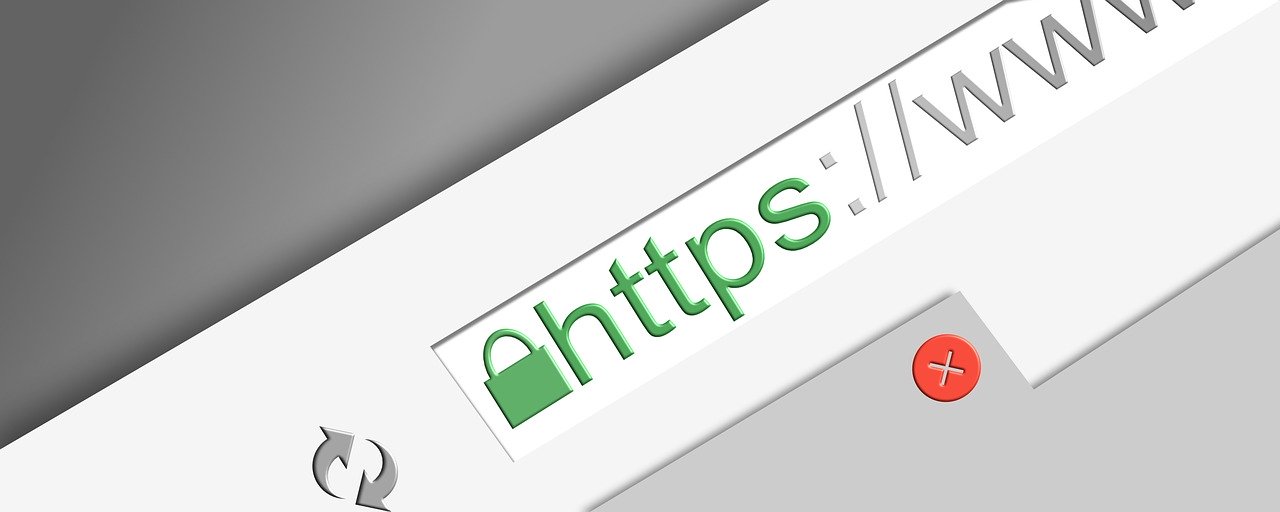Every passing day, we come across news of website hacking, identity theft, credit card fraud & other similar things. Still, we fail to take precautions. We browse websites & then enter our credit card information without checking the site’s security status. It is something which we need to take precautions against.
There are websites which may appear authentic, but they are not. They are built just for stealing your information. Afterwards they sell it to the highest bidder who use the stolen information for their own benefit. From a business point of view, website security has become increasingly important.
With your customers entering their personal information, you need to assure them that their information is safe. In today’s world, safety means better user experience. There are many ways to do this. You can hire a security expert that scans your website for vulnerabilities & then removes them. Likewise, you can opt for a custom admin path & stronger passwords.
But the focus of this article is not on any of these things. Today, we will be discussing HTTPS / SSL enabled websites.
[expander_maker id=”1″ more=”Read more”]
What is HTTPS & What Does it Do?
Naturally, the first question on everyone’s mind is what is HTTPS? In simple words, it is the secure version of HTTP. Hypertext transfer protocol secure (HTTPS) is the system through which information is exchanged between a website & web browser/user. It encrypts the information through Transport Layer Security (TLS) or Secure Sockets Layer (SLS). The TLS uses the asymmetric public key infrastructure which is a security system. Trust me, you do not need to know more than this.

HTTPS prevents others from snooping in on the network (i.e., the information being exchanged between the website & user). Previously, information exchanged over HTTP was view-able to intruders through free software. That is why security experts recommend against connecting to free/public Wi-Fi or other unsecured connections.
How Can I Use HTTPS?
The next question on everyone’s mind is that how can we use HTTPS? The answer is that your website hosting provider will offer you a TLS/SSL certificate. The downside is that it is not free. But the upside is that it is not that much costly. Besides, one should not compromise on website security. Therefore, just by spending a little amount you can shift from HTTP to HTTPS in no time. You can also check services like “why no padlock” which scan your website for unsecure webpages. Apart from this, they provide various other website services as well.
Why is HTTPS Important?
Apart from the security perspective, HTTPS is important for the following reasons:
Customer Trust
In 2018, Google displayed a message ‘not secure’ error if the website was not SSL enabled. In short, the first thing that a visitor would notice on your website was the ‘not secure’ message. From a business point of view, it is the last thing you would want. No customer would prefer to enter their personal information. Therefore, you are unlikely to make any sales. If you are a blogger, you can expect a dip in traffic. A dip in traffic means a decrease in earnings. It is another reason you must get your hands on HTTPS right away!
Search Engine Optimization
Go to Google and make any search. Open the top 10 or top 20 links. You will notice one thing in common. Have you figured it out? No? The common thing in all these websites is that they are displaying a ‘lock’ sign in the search bar. It means that the website is secure. In other words, if your website is not HTTPS enabled, ranking it on Google can be a nightmare or even impossible. Therefore, a secure site means a better chance of ranking on Google.
Protect Sensitive Data
Today, if sensitive data is leaked, it can spell big trouble for you. You can be liable for damages as the court may find that you did not do enough to protect the data. After all, HTTPS is not an expensive thing to implement. Moreover, it can damage your website’s integrity. Once lost, it can be very tough to regain it.

Other Ways For Secure Internet Browsing
From the end-user perspective, there are numerous other ways besides HTTPS to ensure a secure browsing experience. You can use a free VPN although it is not recommended. But something is better than nothing. The best thing to do is buy a secure VPN like NordVPN or ExpressVPN. If you cannot afford a premium VPN, you can use a Proxy. However, there is plenty of debate on VPN vs Proxy and which is more secure.


Lastly, you can opt for HTTPS Everywhere.
What is HTTPS Everywhere?
The HTTPS Everywhere is a free & open-source web extension. It is available for Chrome, Mozilla, Opera and various other browsers too. The Tor Project and Electronic Frontier Foundation have jointly developed this application. The purpose of this extension is to encrypt the communication between you & the website. With one click, you can block all connections with non-HTTPS websites.
[/expander_maker]








1 Comment